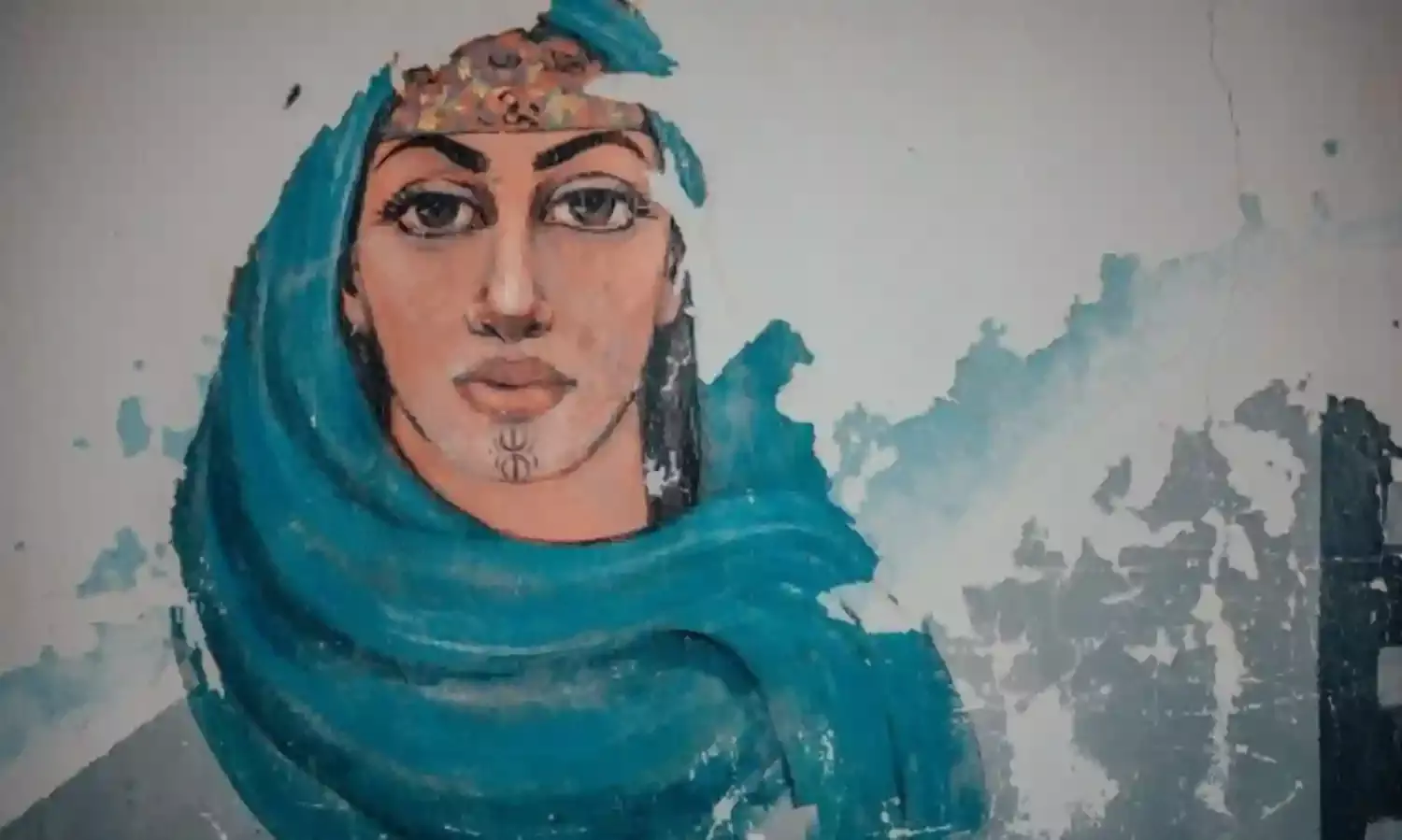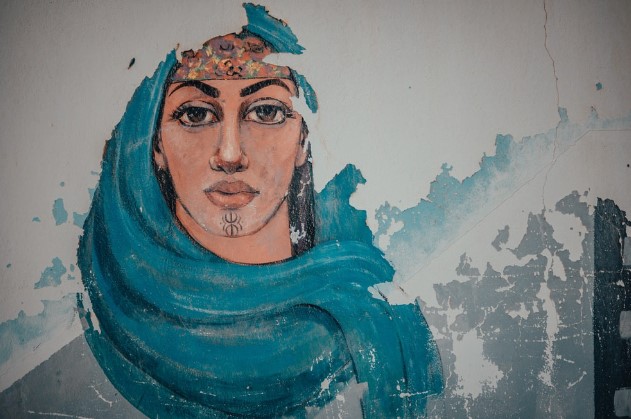Hijab, Empowerment and a Quest for Education
There are layers upon layers to such issues, including patriarchy

“Aafreen, Aafreen...’’ the song sung by Nusrat Fateh Ali Khan has always been a favourite of mine, I find it very soothing. But I was very disturbed when I actually met Aafreen on the roads of Ahmedabad somewhere in 2005. She was all of twenty years of age, had a soft voice which at times could attain heights of shrillness, and of course, eyes that actually twinkled.
The best or the worst, or you may call it the most ironical, part was and still is that I have never seen her face. I assume it has to be childish, full of innocence and some kind of hope, because that is perhaps why I try to recall her some 17 years later. For, she was always a burqa clad whenever I met her.
I got perturbed meeting her at a rally for supporting human rights in March 2005. I wondered how anyone could move in a burqa in that Ahmedabad heat. A few moments later I came to know that she was a wife of a person accused under Prevention of Terrorism Act (POTA), and had been rallying for his freedom. Her contention was that her husband was framed and was innocent. Anyhow, it was for the law of the land to decide whether he was guilty or not.
On a journalistic assignment, I just wanted to get some reactions from the family members of those arrested under POTA, but she invited special attention because she was a combination of paradoxes. A frail burqa clad woman taking to streets, the walk was a bit aggressive and there was a definite purpose.
I recorded a few reactions and decided to break ice. “A protester in a grey burqa calling for human rights is pretty uncommon. You might as well scare an onlooker,” I said, initiating small talk. “It’s not your fault. After all people these days even fear Muslim women because of the tag of militancy and of being anti-national attached to them,” she retorted. “It was because of the heat that I was talking in those terms as I was wondering how anyone can move with a burqa in this heat. You don’t look like a militant in any way,’’ I replied.
“Do you think I feel comfortable in it? But it is the norm imposed on us women and I follow it religiously. Had it not been the fight for survival, do you think I would be moving on the roads like this when women in my community are not allowed even to come out of their houses,’’ she asked.She said her husband had been ‘framed’ and that she had no answers for her two children when she returned home from such demonstrations.
“Wasn’t there resistance from the elders in your community when you decided to join those opposing POTA on the roads?’’ I asked. “There were those puritanical Maulanas who said that women taking to the streets in this manner were against Islam. But I told them that I was ready to sit at home if they promised to bring back my husband and feed my children. So they allowed me to come in a burqa,” she said.
This was Aafreen, a young woman led into an early marriage, fighting for her husband on the dusty streets. A few weeks later I ran into her again. This was at a seminar organised to discuss POTA. This time she was more vocal. “Don’t worry I am not carrying a gun and you need not fear my burqa,’’ she chirped, adding “you journalists have a lot of fun. There is so much that you see and learn. I would have done something in life had I not given up studies and had I not landed in these circumstances.’’
There was a long pause. It appeared that her eyes had wandered off somewhere. Or maybe she had started daydreaming. It must have been a few minutes before she said, “you know I was good at art, drawing, shading and other crafts. Maybe I will pass on the talent to my children when I get free from this exercise of getting my husband released and not bothering to fend for them…’’ her voice seemed to fade.
At another short meeting at an event she proudly walked up to relate that she had got her children admitted to a reputed school in western Ahmedabad. This school had become ‘out of bounds’ for common Muslims at that time, but Afreen was ready to face all hardships for the sake of their education. “Understanding the importance of education was a positive outcome for my community after the 2002 pogrom and subsequent developments,” she said.
I never met her after that. But I did see her participating in rallies. I knew that she was trying to paint sanity on life’s canvas. Maybe, she was fighting an internal battle, to draw a smiling face on the canvas, even though it was crumpled because the hearings in the case in which her husband was an accused had been stayed. I don’t know what happened in the case after that because I moved on to another job, another city like any unattached journalist.
But what makes me recall her now? Because of the several disturbing news reports coming from Karnataka where education, particularly that of girls, stands linked to the Hijab controversy. There have been disturbing reports of Hijab clad women not being allowed to sit for exams, thrown out of libraries, heckled and abused.
In my understanding there are layers upon layers to such issues. There are elements of patriarchy, women’s empowerment, education, and freedom to eat and wear what they want, equality and much more. It is the prevailing narratives of divisiveness and polarisation for political gains that are taking a toll on the baby steps taken for social equality, gender justice, empowerment and freedom. Those at the receiving end continue to be women, particularly from the marginalised and minority communities.
I long to meet Aafreen and have another chat with her after all these years to understand how her life has unfolded.




